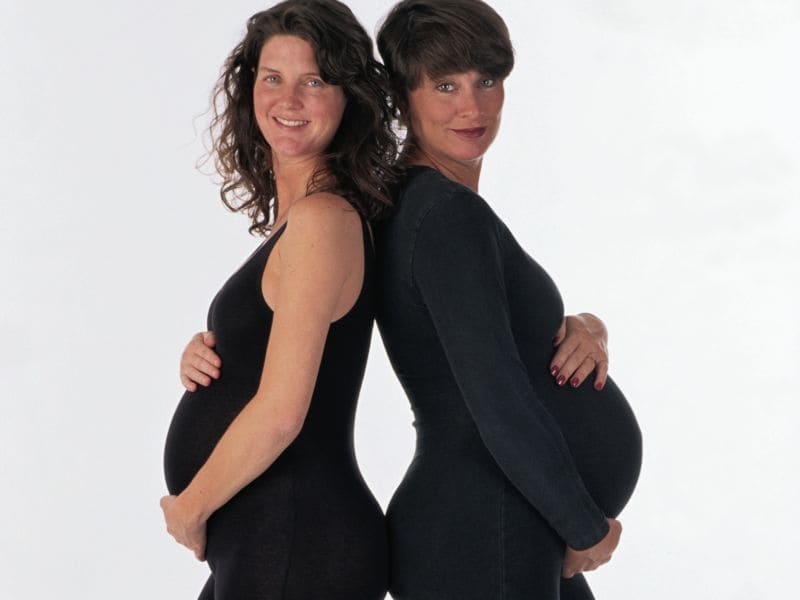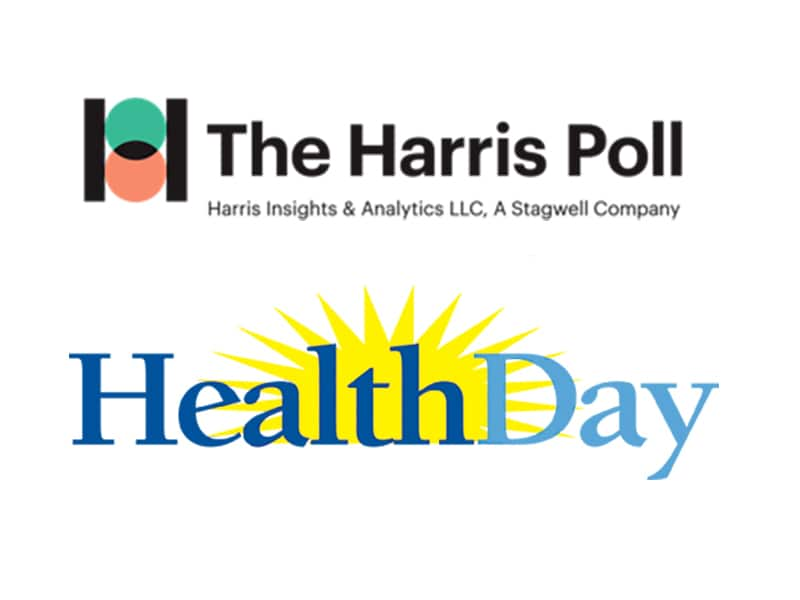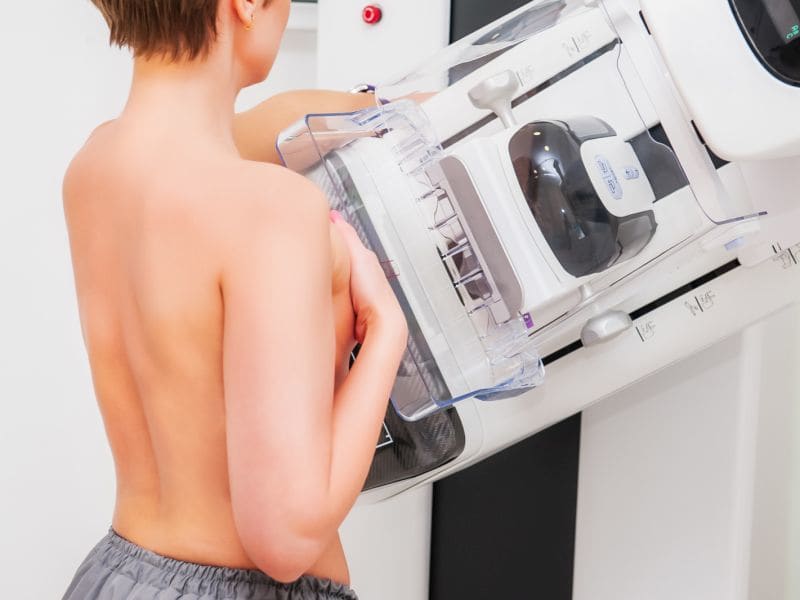
No one can prevent all instances of sexual assault. But the U.S. Office on Women’s Health says there are things you can do to stay safer. Here are the agency’s suggestions: Get to know someone well before spending time alone with him or her. Go to events with friends, and leave together. Meet a first… read on >




























